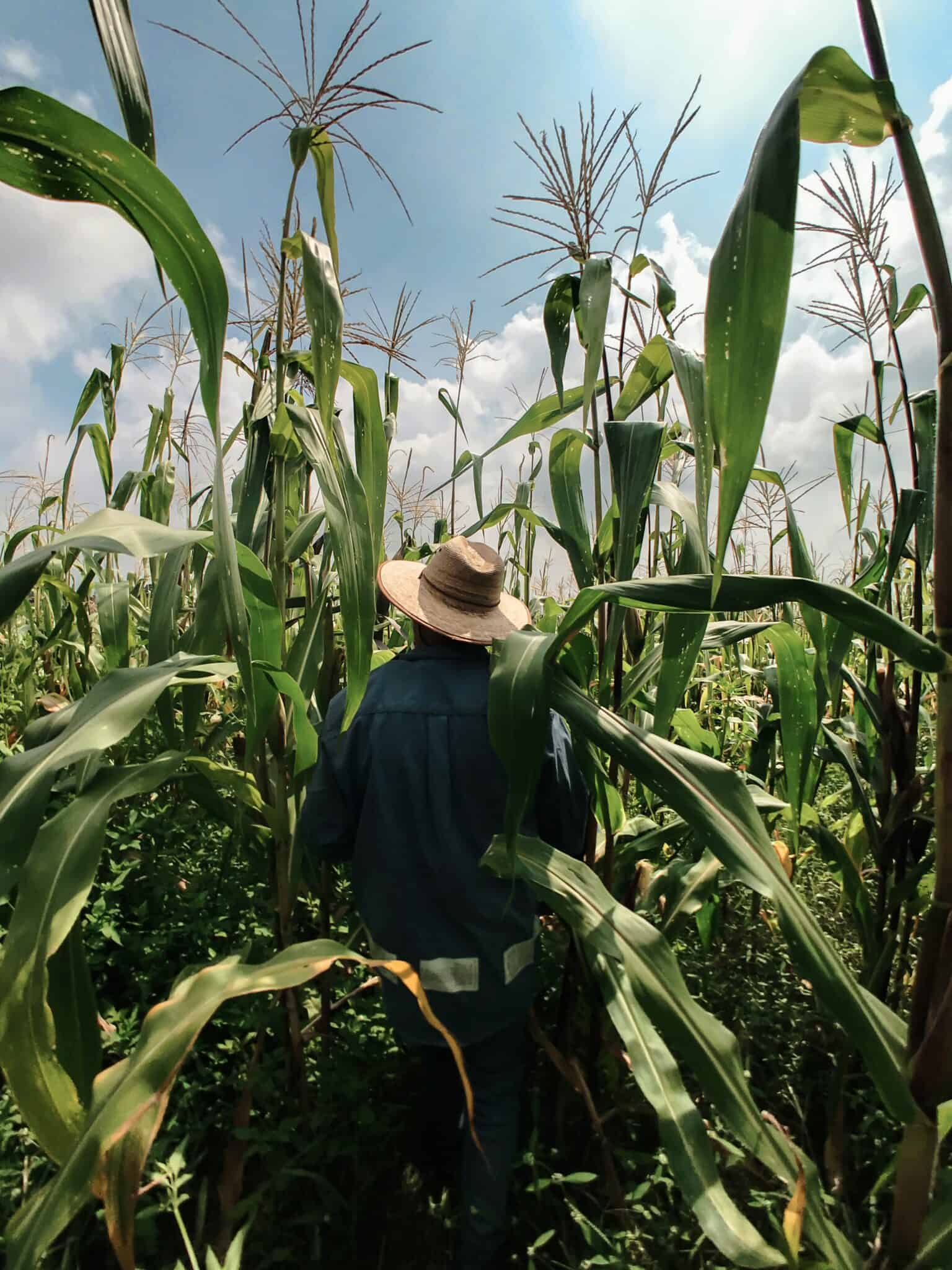
Iman Masmoudi is a student at Harvard Law School.
A Trader Joe’s in Hadley, Massachusetts may soon become the first unionized Trader Joe’s in the nation, as a vote date has been set for tomorrow, July 27th. Over the weekend, union organizers held a rally outside their store which drew over 100 supporters. Sarah Yosef, a TJ crew member and union organizer, made a speech at the rally pointing out decisions Trader Joe’s has made in recent years to cut benefits and otherwise compromise the “welfare of the crew.” In a show of worker solidarity, members of several other local unions were present at the protest. Amy Callendrella who operates machines for Local 98 Operating Engineers said, “I was thinking about that this week, I like being with people that are fighting back because there is a massive fight going on, and you don’t get to be a part of the ‘fighting back’ all of the time, so I wanted to come out here on a Saturday to be a part of this fight.” Trader Joe’s management at the Hadley location are scrambling to influence votes before the election, this week. One worker called a recent attempt to make a sorry case for unions by one manager at the location “like Littler Mendelson tried to make a Lifetime movie.”
Yesterday, the NYTimes reported that the Justice Department filed a civil suit against three large poultry processors for alleged anticompetitive practices and wage suppression. Brought under the Sherman Antitrust Act, the complaint alleges that for the past two decades, the poultry processors, Cargill, Sanderson Farms, and Wayne Farms, along with a data company, Webber, Mend, Sahl, “unlawfully shared information about employee compensation to suppress wages and stifle competition.” The lawsuit represents yet another novel legal approach to civil labor protection, through other legal theories. In this way, its antitrust and consumer protection lens directed at worker’s rights resembles both the recent Uber/Lyft antitrust case and the past Instacart and Doordash cases, which alleged consumer fraud for misappropriating tips, but ultimately gave relief to workers. Two of the farms, Sanderson and Wayne, were also accused of further violating poultry industry laws which require disclosing more information to farmers so that they can better assess financial risk. This lawsuit comes weeks after the DOJ lost a criminal price-fixing suit against poultry executives and is part of its wider investigations into the chicken industry.






Daily News & Commentary
Start your day with our roundup of the latest labor developments. See all
May 7
Condé Nast workers reach deal; Congress considers narrowing forced arbitration; Starbucks withholds information during bargaining
May 6
Boeing locks out firefighter union members; Blue Bottle Coffee workers vote to unionize; and 80 drivers in Florida vote to join the Teamsters.
May 5
Shawn Fain calls for general strike on May Day 2028; House Democrats call for tougher labor penalties on employers; UC graduate workers will vote on striking in response to protests crackdowns.
May 3
Trader Joe's must pay union for meritless lawsuit; union workers see record wage increase; Latino worker deaths surge.
May 2
Amazon CEO's statements found to have violated federal labor law, and workers across the globe took to the streets to demand more in honor of International Workers' Day.
May 1
Tenth Circuit upholds DOL Rule; fired Google employees file NLRB complaint; Trader Joe's union vote undecided